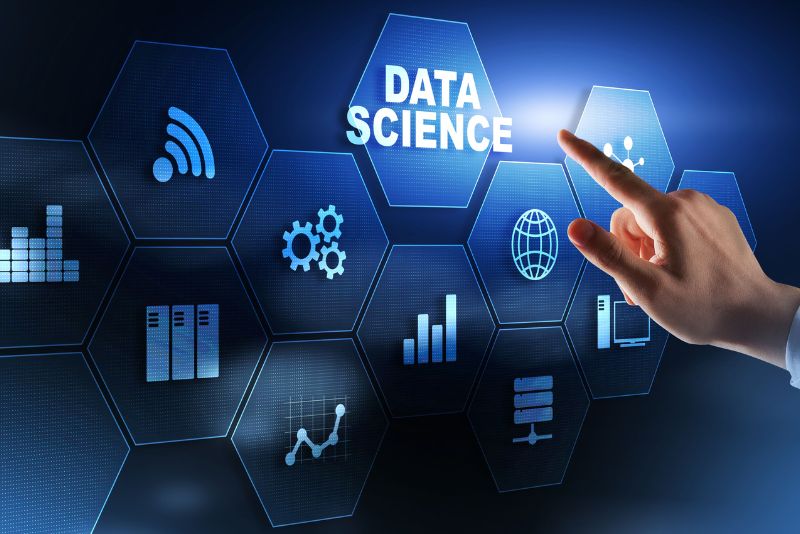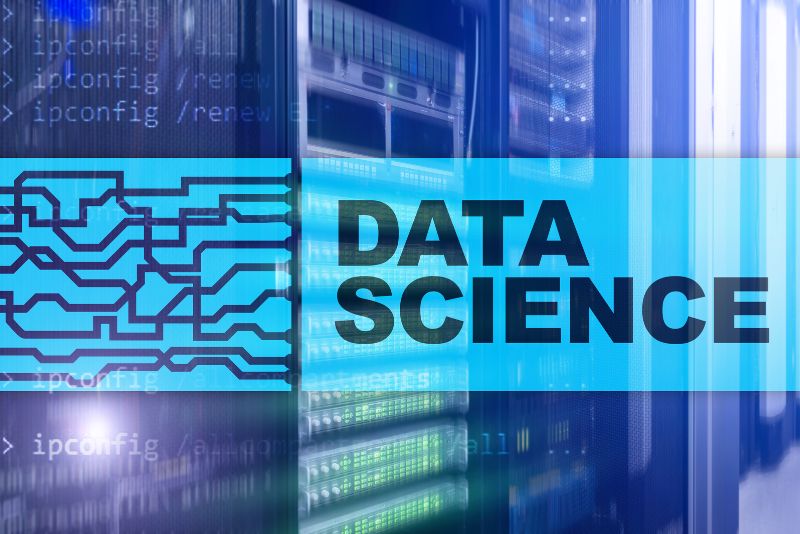Subtotal 0 ₫
The Transformative Power of Data Science

Data science has emerged as a pivotal field in the digital age, revolutionizing the way we understand, analyze, and harness the vast troves of data generated in our increasingly connected world. At its core, data science is the interdisciplinary blend of statistics, machine learning, and domain-specific expertise, enabling the extraction of valuable insights and the creation of innovative solutions to complex problems. This powerful combination of techniques and methodologies has become indispensable in a world where data has become the new currency, driving business decisions, informing public policy, and transforming the way we live, work, and interact with the world around us.
The Data Deluge and the Need for Insight

In the modern era, data has become the lifeblood of organizations, governments, and individuals alike. The proliferation of digital devices, the ubiquity of social media, and the growing prevalence of internet-connected sensors have all contributed to an unprecedented data deluge. This avalanche of information, if properly harnessed, holds the key to unlocking transformative insights and empowering decision-makers to navigate the complexities of the 21st century. However, the sheer volume and complexity of this data can be overwhelming, making it increasingly challenging for traditional analytical methods to keep pace. This is where the expertise of data scientists becomes invaluable, as they leverage advanced techniques and technologies to extract meaningful patterns, trends, and correlations from the data, ultimately transforming raw information into actionable intelligence.
The Art of Data Wrangling and Exploration

Data science begins with the meticulous process of data wrangling, where raw data is collected, cleaned, and transformed into a format suitable for analysis. This foundational step requires a keen eye for detail, an understanding of data structures, and the ability to identify and address inconsistencies or biases within the data. Once the data is prepared, the true exploratory work of data science commences, as data scientists delve into the information, seeking to uncover patterns, trends, and anomalies that can inform decision-making and drive innovation. This iterative process of data exploration and discovery is akin to a treasure hunt, with data scientists employing a range of statistical and visualization tools to uncover the hidden gems within the data that hold the potential to unlock new opportunities and solve complex problems.
The Power of Machine Learning and Predictive Modeling

At the heart of data science lies the application of advanced machine learning algorithms and predictive modeling techniques. By training these models on vast datasets, data scientists can uncover hidden correlations, predict future outcomes, and automate decision-making processes. From forecasting consumer behavior to optimizing supply chain logistics, the predictive capabilities of data science are revolutionizing the way organizations operate and adapt to rapidly changing environments. As the algorithms become more sophisticated, and the computational power continues to increase, the ability of data science to generate accurate, data-driven predictions will only continue to grow, empowering businesses, governments, and individuals to make more informed and impactful decisions.
Storytelling with Data: Communicating Insights

The true impact of data science lies not only in the analysis but also in the effective communication of insights. Data scientists must possess the ability to translate complex statistical findings into compelling narratives that resonate with stakeholders, policymakers, and the general public. By leveraging data visualization tools and crafting data-driven stories, data scientists can transform raw data into actionable intelligence that drives meaningful change. This art of data storytelling is crucial in bridging the gap between the technical aspects of data science and the practical applications in the real world. When done effectively, data-driven narratives can inspire action, influence decisions, and catalyze societal transformation.
The Ethical Considerations of Data Science

As the influence of data science grows, so too do the ethical considerations surrounding its application. Issues of data privacy, algorithmic bias, and the responsible use of predictive models have become central to the discourse surrounding data science. Data scientists must navigate these ethical challenges with diligence, ensuring that their work upholds the principles of transparency, fairness, and accountability, ultimately serving the greater good of society. By proactively addressing these concerns, data science can become a force for positive change, empowering organizations and individuals to make more informed and ethical decisions that benefit humanity as a whole.
The Future of Data Science: Shaping a Data-Driven World

The future of data science is as exciting as it is uncertain. As new technologies emerge, from quantum computing to advanced natural language processing, the field of data science will continue to evolve, unlocking even greater insights and transformative solutions. The data scientists of tomorrow will play a pivotal role in shaping a more informed, equitable, and sustainable world, leveraging the power of data to tackle the most pressing challenges facing humanity. From revolutionizing healthcare and transportation to addressing climate change and global inequality, the potential of data science to drive meaningful change is vast and far-reaching. As the world becomes increasingly data-driven, the demand for skilled data scientists will only continue to grow, making this field a crucial engine of innovation and progress in the years to come.


